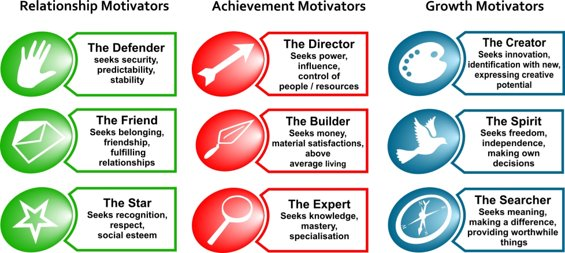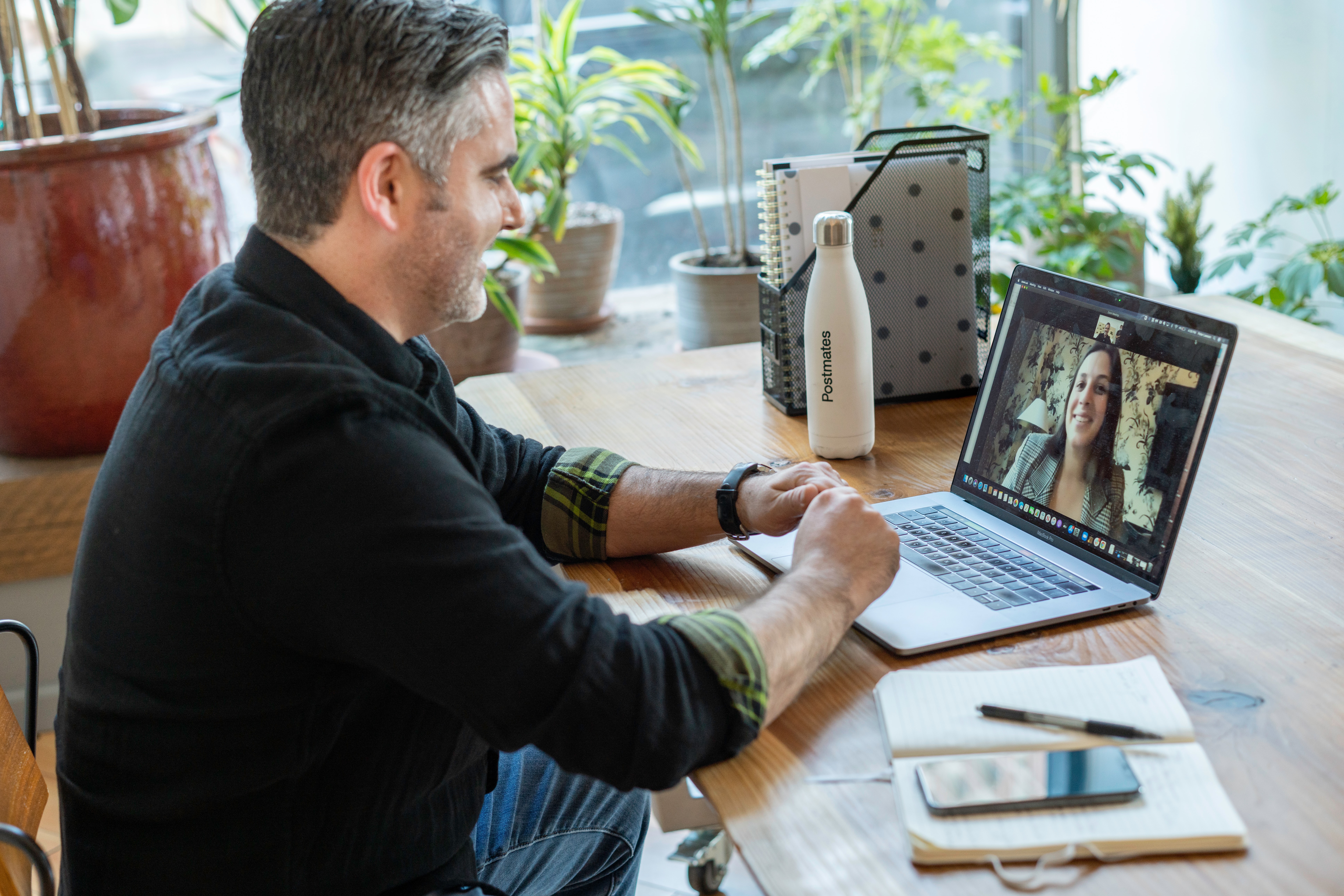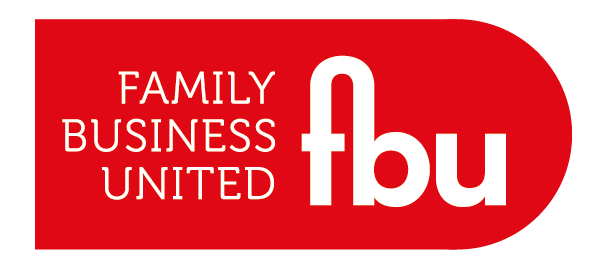This is the second part of a two-part article series on how we have changed as a result of the pandemic. The first article explores the different ways lockdown has changed our perception of time and covers a nice mix of psychology, neuroscience and our own experiences.
This article explores the theme of values and how the substantial shift in our environment and the way we live our lives has affected our values in different ways.

The pandemic continues to ask big questions of us; what do you value more now than you did 18 months ago? Spending time with family and friends? The outdoors? What did you take for granted and what are you changing about your choices as society starts to reopen?
Our values and beliefs are significant as they impact our decision making, and ultimately determine our path in life - our relationships, our work, and lifestyle. We may value lots of things, but focussing in on the two or three core values, helps us calibrate our behaviours and choices, against our life purpose and what brings us happiness. This is maybe something you already do consciously, but it is timely now given the shift we have all been through in the past year, and as things start to re-open, another shift is on the horizon.
Exploring our core values right now will help us cope with the uncertainty that still faces us.
How the pandemic has shifted our values - going back to basics
by Alice Davies, Strategy Facilitator
It is safe to say that the pandemic has been a major event that has shifted things for each one of us. Do you still find the same things valuable as this time last year? It is likely that our values have been challenged and have therefore changed.
Values can be defined as the quality of being useful or important
Values and beliefs are core to who we are and the decisions we make. They govern what we do and why we do them. Major events such as the pandemic can challenge and even change the values we hold dear. For example, things that we took for granted such as going for a walk or meeting friends/family has become something special, therefore we may be prioritising time with loved ones over other things.

Photo by Kelsey Chance on Unsplash
Motivation:
Naturally, our values have an impact on what motivates us. Motivation is complex. We know that it is more than money, or our own office. It varies from person to person and is linked to our environment/capabilities/behaviour. What drives you to do what you do? What makes you get out of bed in the morning?
It is beneficial to consider what motivates you now. Are you motivated by different things now, compared to before the pandemic? Has anything changed in your environment to drive that change in motivation? Maybe you are looking more towards security (this could be financial, or longing for a more solid routine) due to the uncertainty created by the pandemic, whereas before security was not a priority for you.
If your motivations have changed, it is likely that this has also happened to your team. Therefore, as well as looking at your own motivation, it is beneficial to begin a similar conversation with your team. Are they motivated at work? What do they need to be more productive?
Another useful concept here is Motivational maps. It categorises motivators into 9 areas. If you would like to discuss motivational maps further, please reach out to a member of the team.

Typically, we have 8 motivators and one demotivator, with 3 or 4 motivators that stand out higher than the rest. Take a look at the 9 different motivators above. What words resonate with you most? Why might that be? What words do the opposite?
As you can imagine, each person's motivation is unique, and the more people that you put together the more chances there are for motivations between people to align and others to clash. Of course, this does not only apply in work scenarios but at home too. It may determine who you surround yourself with, or who you clash with the most at family gatherings… it is also important to note that no motivator is a bad motivator!
Knowing what motivates your team can help you to increase productivity, and create an environment where staff feel valued and listened to.
Some things to think about:
-
From a leadership perspective:
It is more difficult to lead remotely - therefore you really have to listen to your teams and what they need. Watch our Strategy Café where the team discuss the importance of culture, communication and a sense of belonging. What do they need? What motivates them? Do your values fit with the organisational values?
-
From an organisational perspective:
Are your organisational values clear? Are they communicated? Are they weaved throughout the business and into your practices (e.g. recruitment, culture)? Do your people share these values?
A final note from me - if you have found this article interesting and want to learn more about productivity, supervision and high performing virtual teams - take a look at our Strategy Café where the team discuss just that.
The Parodox of Choice
By Ben Grant, Trainee Strategy Facilitator
During the lockdown, a lot of choices have been made for us. Do you want to work from home? Well, you have to. Do you want to go out tonight? Well, you can’t. Homes have become prisons, from which we perform every function of modern life.
This new “lifestyle”, if you could call it that, has meant a lot of change. It means we have to consider factors we didn’t have to before. What are you going to do with the 2 extra hours in your day now that you’re not commuting? What will you do with the extra cash you’ve saved on your season ticket? The primary reason you had a car was to drive it to work, do you actually need it anymore?
A lot of people that I have spoken to have found themselves somewhat confounded by the extra time they have in a day, and that they’re just wasting it. They can’t motivate themselves to get out of bed in the morning without a train to catch or traffic to beat.

Photo by Tomas Anton Escobar on Unsplash
Tasks expand to fill the time available. This is why it’s more important now than ever to have strong self-organisation and motivation. I had a conversation with a friend who had hosted a webinar, and he was not entirely ready to begin the webinar until less than a minute before the start time. Less than a minute! Before COVID he would’ve been in the office getting set up more than 30 minutes before the start time, but because of the relaxed nature of home, he had taken a more relaxed nature to his work.
Making sure you get the most out of your day is paramount. Plan tasks and activities. Keep yourself busy so you can get stuff done quickly and efficiently. Don’t give yourself more time than you need for a task if that will just result in you spending more time on a task and gaining nothing. Time sinks are dangerous.
But what can you schedule? Time with family is a popular choice. If you find you’re wasting the time you would normally spend travelling home but doomscrolling or bingewatching, use it for something beneficial. Call your grandparents, go to the park with your children, send a letter to your sibling who moved far away. But plan to fill your time. Otherwise, it’s easy for it to slip away.
Another popular choice is exercise. You’re no longer spending an hour getting the train to the office every morning, use that time to run or cycle or do yoga! This will get you out of bed and get the blood pumping before you start your working day.

Photo by todd kent on Unsplash
But, is choice a good thing? Is it what we want? American psychologist Barry Schwartz argues in his book The Paradox of Choice that it actually might be harmful to the human psyche. Having too much choice can be anxiety-inducing. Barry argues this point in the context of shopping, but it is more evident than ever before with the lockdown. Before, there was no choice about getting up fairly early. You had to be at your office in time! But the journey from bed to office is considerably longer than the one from bed to desk, so one has the choice of using that time for something productive or staying in bed longer. The same can be said for the end of the day. Once upon a time, one had to get the train home for an hour or so, but now the telly and the beer fridge are mere moments away! So many people have struggled with this considerable structural change. Perhaps Barry Schwartz is right, and we don’t want these freedoms, we want a benevolent dictator to decide what’s best for us.
But where does that leave us in future? Flexible working is much more popular now. Many huge firms and banks have said they don’t intend to return to full office working when this is all blown over, instead allowing their staff to choose where they want to work. But will this decision be in the best interests of their staff? There are a wide variety of factors, ranging from the impact that remote working can have on company culture to the reduced commute cost for employees. But I know I struggle with deciding between those two! I miss seeing my colleagues during the day, and the more casual interaction that enables. But I certainly don’t miss spending 10 hours and just shy of £100 a week on the train. It’s a lot harder to make that decision myself than it is to simply be told “You need to be in the office” or “You mustn’t come into the office”.

Photo by LinkedIn Sales Solutions on Unsplash
Flexibility around working location has pretty much become inevitable at this point. The pandemic has demonstrated that people can quite easily work remotely thanks to modern technology. But only time will tell if businesses can truly thrive using that model.
Summary
Conscious reflection on how big shifts in our environment affect our values and identity is important in keeping on track with our life purpose. Examining how and why we made choices is not easy, but does help prepare you for future difficult decision making and assuming these are the same as 18 months ago, may just catch you off guard. Knowing and keeping true to your core values will make those trickier decisions that little bit easier to take.
If these articles resonate, then you may also wish to listen to our Strategy Café on identity and beliefs, which explored how both personal and corporate identities can shift due to significant and unexpected changes.




